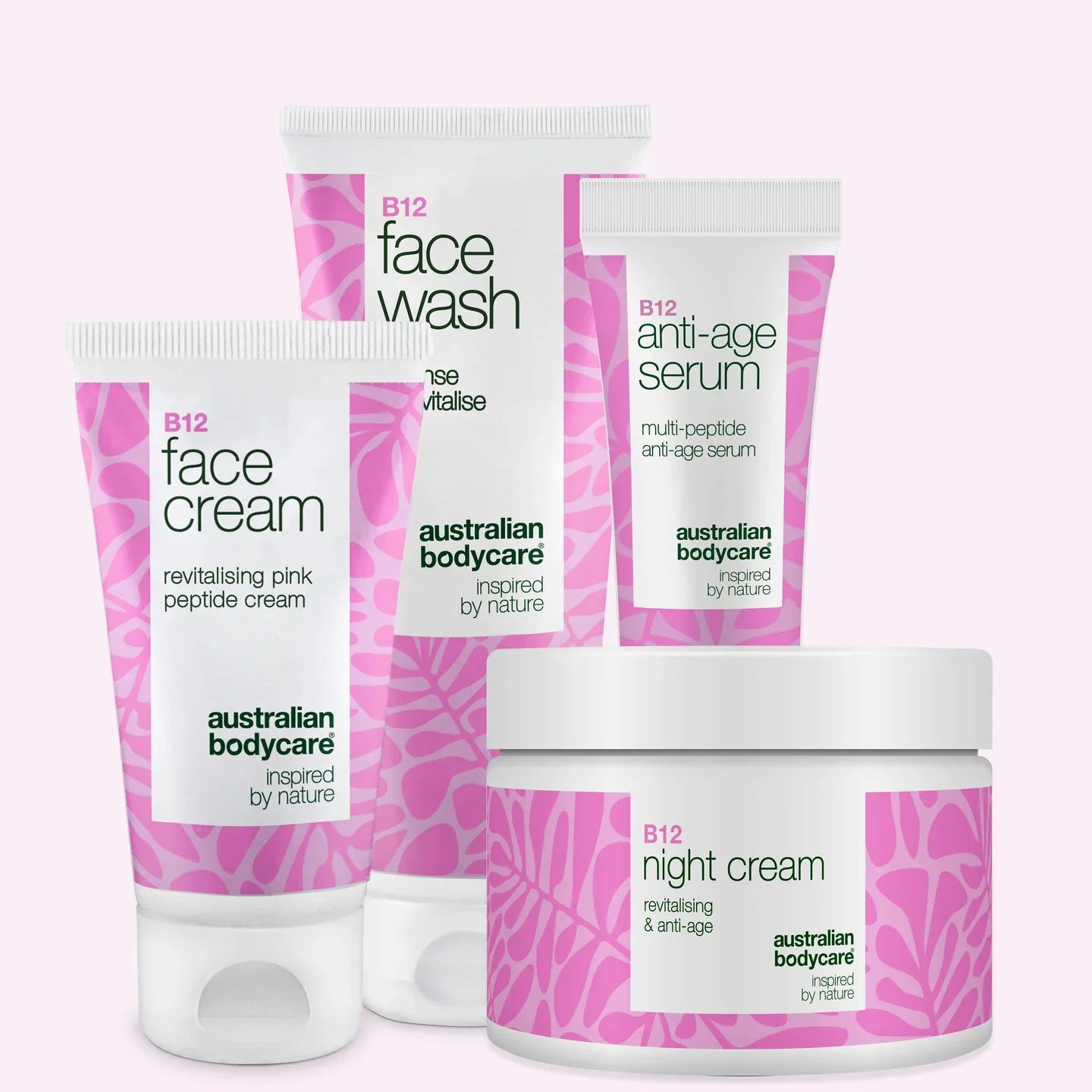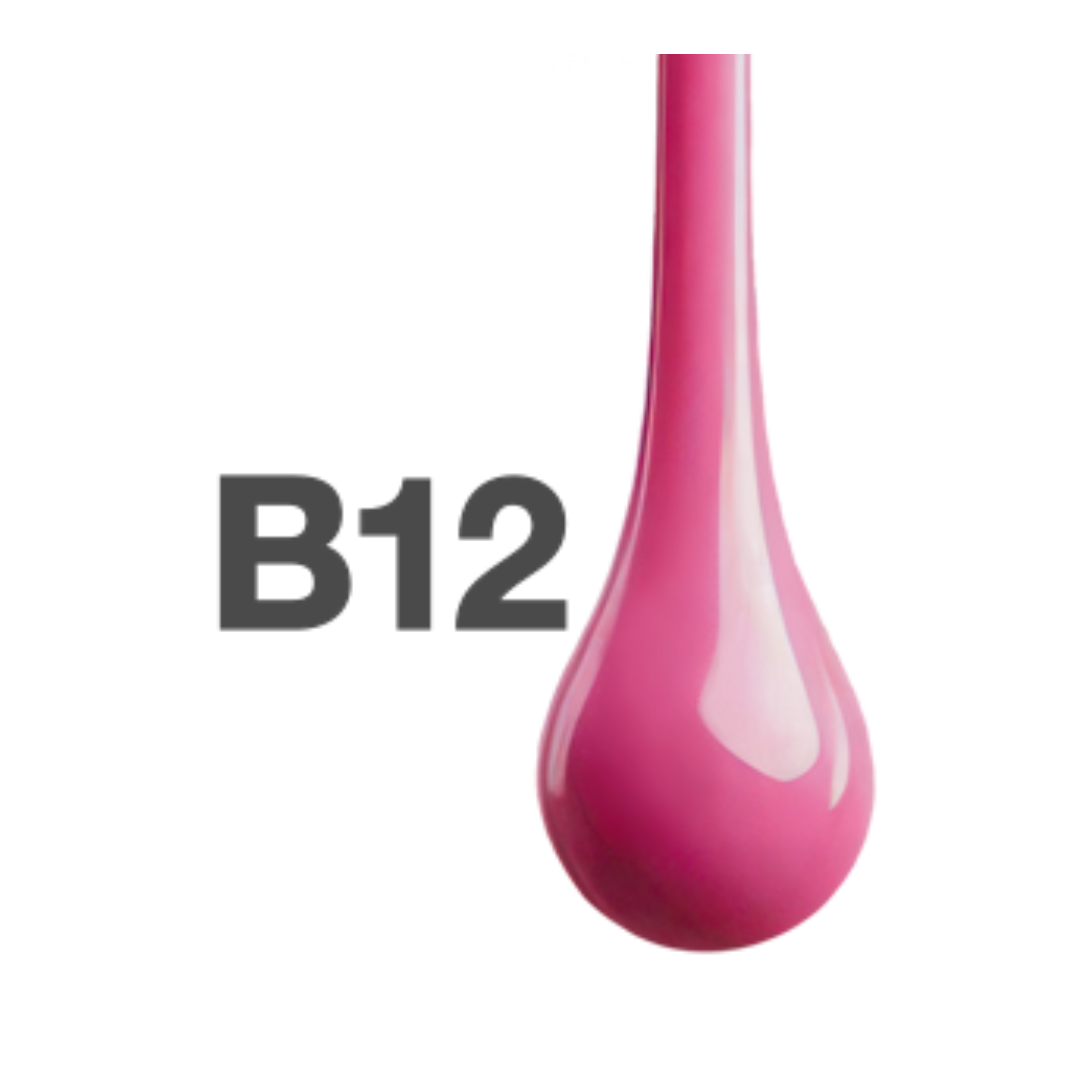Heat rash – what is it, and how do you avoid it?
Babies often have heat rash during the first weeks of life, but many adults also find it invariably comes with the heat of summer. The red spots are harmless, but they can itch and cause discomfort.
What actually causes sweat rash? Can you do anything to prevent it from occurring, and what is the best way to relieve it? These questions are answered below.
Table of contents
What is heat rash?
Heat rash erupts on the skin and consists of small red spots or clear blisters, which can appear on various parts of the body.
Heat rash appears when you are hot, but your sweat pores are blocked, either in connection with hot weather or clothing that is too warm. The spots result from skin irritation, which is best relieved by allowing the skin to sweat freely.
Both children and adults can get heat rash, but small children are most susceptible. This is because their sweat glands are not yet fully developed, and it is therefore more difficult for sweat to escape, so it accumulates in the glands. The result is the characteristic rash.
Heat rash appears most often:
- In small children
- During physical activity and exercise
- Under clothes that retain sweat
- In tropical climates
Heat rash is common and harmless, but if you or your child show signs of illness at the same time as the rash, you should see a doctor.
What does heat rash look like?
There are different kinds of heat rash, from small blisters to itching red spots.
The mildest type of heat rash, miliaria crystallina, shows as small, clear blisters which break easily. Here the sweat glands are blocked in the top layer of skin. This type does not itch, and it is a very common rash in the first two weeks of a baby’s life.
Miliaria rubra is the best known type of heat rash. It shows as a mass of small red spots, which often prickle and itch. The usual cause is spending several days in hot temperatures.
Finally, there is a rarer type of heat rash, miliaria profunda, which is repeated outbreaks of miliaria rubra. The rash looks like goose pimples and is skin coloured.
Where does heat rash appear?
In adults heat rash often appears in folds of skin, or where clothes are tight. Itching heat rash is also common on the hands, fingers and buttocks, under the breasts and on the face.
The best way to prevent heat rash is to wear clothes that allow sweat to evaporate. For example, cotton clothes are more breathable than polyester.
In babies heat rash can appear almost anywhere on the body, from the face and neck to shoulders, chest and back. As mentioned, the rash often resembles blisters, and is not as irritating as the classic heat rashes.
The difference between sun rash and heat rash
If you are exposed to the sun and high temperatures, both heat rash and sun rash may appear. While heat rash most often affects children, it is usually adults who get sun rash.
Sun rash is different from heat rash, as it consists of very small spots, which may also become itching blisters.
While heat rash appears where the skin cannot breathe, it appears that sun rash is caused by the sun’s UVA and UVB rays, which cause an allergic reaction. Here, quite the most important advice is to avoid the sun as much as possible and to use a sun cream with a high protective factor.
Good advice about your baby’s heat rash
It may be worrying if your baby is suddenly covered in tiny spots. It is quite natural for parents to be anxious, and it is also good to be aware that the baby’s delicate skin may break out in rashes of different kinds.
However, most rashes are harmless, and this also applies to heat rash.
Many babies get heat rash in their first month, on their head, neck or body. The small blisters break after a few days and then drop off.
What can you do to soothe the spots?
- Give the baby fewer layers of clothes
- Avoid overheating
- Give the baby a cool bath
- Air the baby’s room, to keep it cool
- Keep the baby in the shade in hot weather
- Let the baby lie without a nappy
There is no treatment for heat rash, and it will disappear by itself. If the baby has any symptoms of illness together with the rash, you should contact a doctor.
How can you relieve your own heat rash?
Although heat rash is harmless in by far the most cases, it can still be uncomfortable and itch.
Here skin-care products with a cooling effect can calm the skin.
The Australian Bodycare 2-pack for care with heat rash includes moisturising products with Tea Tree Oil, which cools and soothes irritated skin. Body Wash and Aloe Vera Gel both help to calm the skin and reduce itching, stinging and red spots.
It is advantageous to use both products in your daily skin-care routine, or when you feel discomfort and irritation after exposure to the sun, heat or sweat. The set can be used for all skin types.
If the problem continues, you can use a mild cream with cortisone to get rid of the skin irritation.
Can heat rash be prevented?
Adults most often have miliaria rubra – the small red spots. You may have been exercising with clothes that do not allow your skin to breathe, or you may have been in tropical weather for several days. In those conditions heat rash is likely to appear in several places on your body.
The best advice is therefore to enable your skin to breathe. As soon as the skin has cooled down, you will see the heat rash fading.
If you are prone to heat rash, it will be an advantage if you:
- Avoid close-fitting clothes
- Wear clothes made of cotton
- Avoid creams that can block your sweat glands
- Stay in the shade when it is hot
- Cut down on physical activity
In most cases the heat rash will disappear rapidly when your skin is at a normal temperature again. If you have spent a long time in the sun and your skin is very hot, it is a good idea to take a cooling bath. When you avoid getting hot and sweating, you will also avoid those itching red spots.





